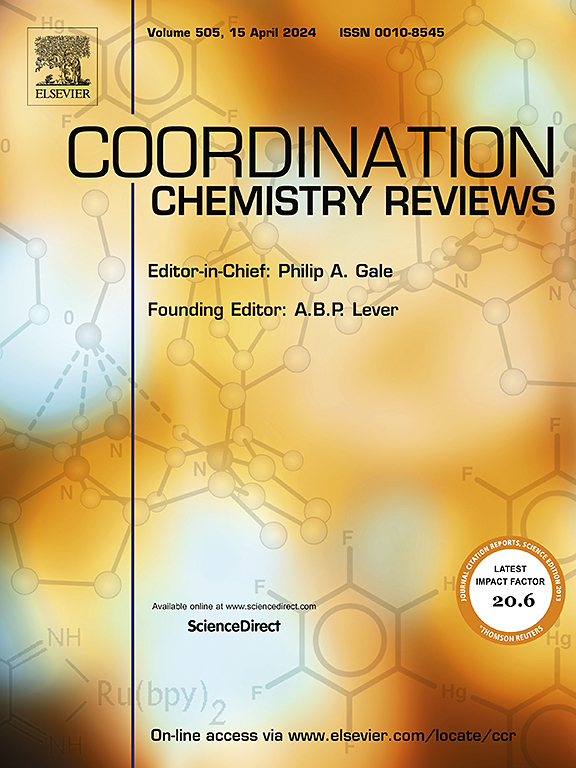纳米技术在代谢疾病调控中的应用
IF 20.3
1区 化学
Q1 CHEMISTRY, INORGANIC & NUCLEAR
引用次数: 0
摘要
代谢性疾病,如糖尿病、心血管疾病、肥胖、痛风和甲状腺疾病,其特征是正常代谢过程的中断。这些疾病的传统监管常常面临诸如不良副作用、有限的患者依从性和次优疗效等挑战;例如,传统的糖尿病治疗方法可能导致低血糖,需要频繁给药,影响患者的依从性。纳米技术提供了创新的解决方案,利用纳米材料进行靶向药物输送和控制释放,同时利用其固有特性——包括氧化还原调节的催化活性、脂质和葡萄糖代谢的调节以及光热转化——来解决当前的不足,并引入新的治疗可能性。这篇综述探讨了纳米技术如何通过提高药物稳定性和生物利用度,以及利用纳米材料固有的抗氧化和抗炎特性来克服代谢性疾病调节方面的现有限制。通过研究最近的进展,这篇综述强调了纳米技术在改变代谢健康紊乱的管理和调节方面的巨大潜力,提供了更精确、有效和对患者友好的治疗方法。本文章由计算机程序翻译,如有差异,请以英文原文为准。
Nanotechnology applications in the regulation of metabolic diseases
Metabolic diseases—such as diabetes mellitus, cardiovascular diseases, obesity, gout, and thyroid disorders—are characterized by disruptions in normal metabolic processes. Traditional regulation of these conditions often faces challenges like adverse side effects, limited patient adherence, and suboptimal efficacy; for instance, conventional diabetes therapies can lead to hypoglycemia and require frequent dosing, affecting patient compliance. Nanotechnology offers innovative solutions by leveraging nanomaterials for targeted drug delivery and controlled release, while also harnessing their intrinsic properties—including catalytic activity for redox modulation, regulation of lipid and glucose metabolism, and photothermal conversion—to address current shortcomings and introduce new therapeutic possibilities. This review explores how nanotechnology can overcome existing limitations in the regulation of metabolic diseases by enhancing drug stability and bioavailability, and by leveraging the intrinsic antioxidant and anti-inflammatory properties of nanomaterials. By examining recent advancements, the review highlights the significant potential of nanotechnology to transform the management and regulation of metabolic health disorders, offering more precise, effective, and patient-friendly therapies.
求助全文
通过发布文献求助,成功后即可免费获取论文全文。
去求助
来源期刊

Coordination Chemistry Reviews
化学-无机化学与核化学
CiteScore
34.30
自引率
5.30%
发文量
457
审稿时长
54 days
期刊介绍:
Coordination Chemistry Reviews offers rapid publication of review articles on current and significant topics in coordination chemistry, encompassing organometallic, supramolecular, theoretical, and bioinorganic chemistry. It also covers catalysis, materials chemistry, and metal-organic frameworks from a coordination chemistry perspective. Reviews summarize recent developments or discuss specific techniques, welcoming contributions from both established and emerging researchers.
The journal releases special issues on timely subjects, including those featuring contributions from specific regions or conferences. Occasional full-length book articles are also featured. Additionally, special volumes cover annual reviews of main group chemistry, transition metal group chemistry, and organometallic chemistry. These comprehensive reviews are vital resources for those engaged in coordination chemistry, further establishing Coordination Chemistry Reviews as a hub for insightful surveys in inorganic and physical inorganic chemistry.
 求助内容:
求助内容: 应助结果提醒方式:
应助结果提醒方式:


